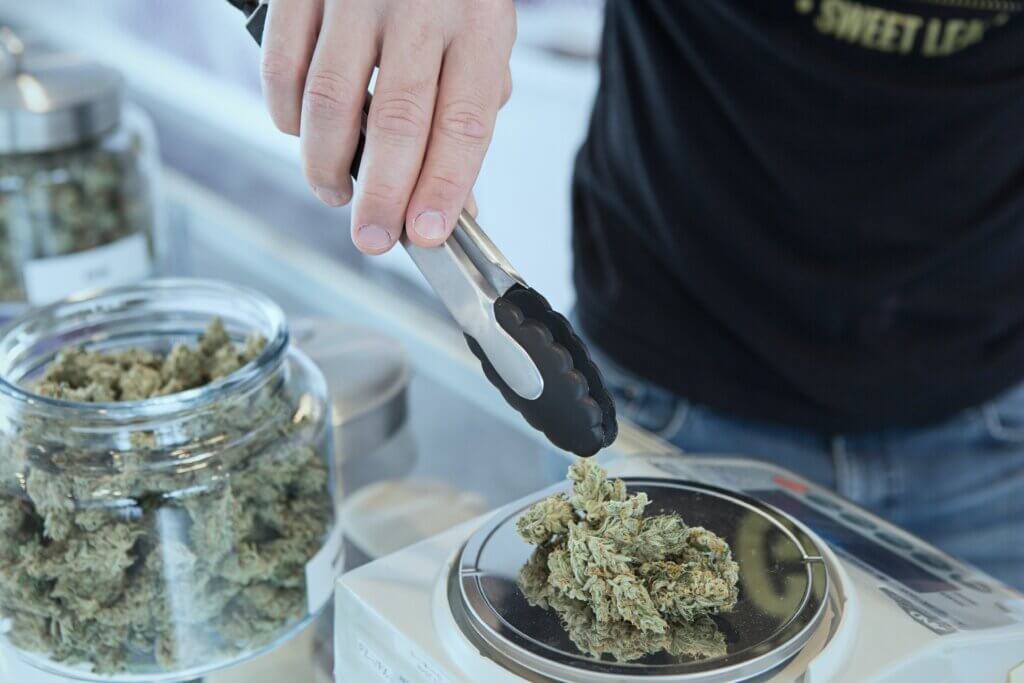
With insufficient research, this smoky area ends up causing more confusion than clarity, especially when it comes to its impact on work safety and accidents. This is part one of our new series. You can find part two here.

Grab your munchies. We plan to unpack this into a two-part blog series. Circle around as we delve into the unintended effects of cannabis legalization in the United States, specifically focusing on its implications for the workers’ compensation sector. You can find part two, about the unintended benefits to workers’ comp in the US here.
While the medical benefits of cannabis have been widely discussed, little attention has been given to how its legalization would affect work safety and the handling of accidents.
The Stone Cold Truth About Reimbursement for Medical Cannabis
Workers’ compensation systems across the country face a dilemma when it comes to determining whether injured workers should be reimbursed for their medical cannabis expenses. Currently, six states require reimbursement, six expressly prohibit it, and fourteen states leave the possibility of voluntary reimbursement open.
However, this issue is still evolving, with some states addressing it through amendments while others rely on court rulings. The prohibition of reimbursement is often based on the concept of federal preemption, which argues that states cannot legalize something that is federally banned. This leaves room for further debate and potential changes in the future.

Cannabis’ Impact on Workplace Accidents
The potential increase in accidents among cannabis users is a significant concern associated with the use of medical cannabis. However, studies on this matter provide conflicting views. A study published in the “Journal of the American Medical Association” found that employees testing positive for cannabis had higher rates of industrial accidents and injuries compared to those who tested negative.
In contrast, a 2020 study published in “Occupational Medicine” found no association between past-year cannabis use and work-related injuries. Limited research, due to federal restrictions on cannabis, contributes to the discrepancy, as studies rely on small sample sizes and self-reporting.
The Demand for Product: Clarity & Research
Although research on the impact of cannabis use on workplace injuries is limited, efforts are underway to expand research in this field. The Medical Marijuana and Cannabidiol Research Expansion Act aims to explore various aspects of THC-related subjects, including its efficacy as a painkiller and its impact on workplace injuries. With more comprehensive research, a clearer understanding of cannabis’s effects on work safety can be achieved.
Increasing Rates of Positive Tests
According to a report from Quest Diagnostics, the number of employees testing positive for cannabis following work-related accidents reached a 25-year high in 2022. While slightly over 7% of the general U.S. workforce tested positive for cannabis, the overall positivity rate for all drugs stood at 4.6%. These statistics highlight the need for employers to address the implications of cannabis use in the workplace.
The Challenge of Detecting Intoxication
Proving intoxication at the time of an accident involving cannabis can be challenging. THC, the psychoactive component of cannabis, can be detected in a person’s system for up to 30 days after use. This makes it difficult to determine if an individual was under the influence during the incident. However, advancements in testing methods, such as THC breathalyzers, are emerging. Companies like Hound Labs, Inc. are developing breathalyzers that can detect cannabis within a three-hour window after use, providing a narrower timeframe for determining recent consumption.
The Complexities of THC Intoxication
Unlike alcohol intoxication, which has established scientific methods for measurement, determining THC intoxication is more complex. There is no standardized spectrum of THC intoxication, making it challenging to correlate THC levels with specific impairment levels. THC breathalyzers may be more effective as a preventive tool, ensuring employees are not impaired before undertaking hazardous tasks.
In conclusion, the legalization of cannabis has introduced a gray area in the realm of work safety and accidents. Questions surrounding reimbursement for medical cannabis and the impact of cannabis on workplace injuries remain unanswered. While research in this field is limited due to federal restrictions, ongoing efforts to expand research may shed more light on these issues. As the use of cannabis becomes more prevalent, employers must navigate the complexities of detecting intoxication and implementing appropriate policies to maintain work safety standards.
Do you have staff that can handle this type of request? Are you the manager, trying to handle all the workers’ comp claims? We can help with this, it’s simple!

For more information, please contact our dedicated team of workers compensation experts today.
